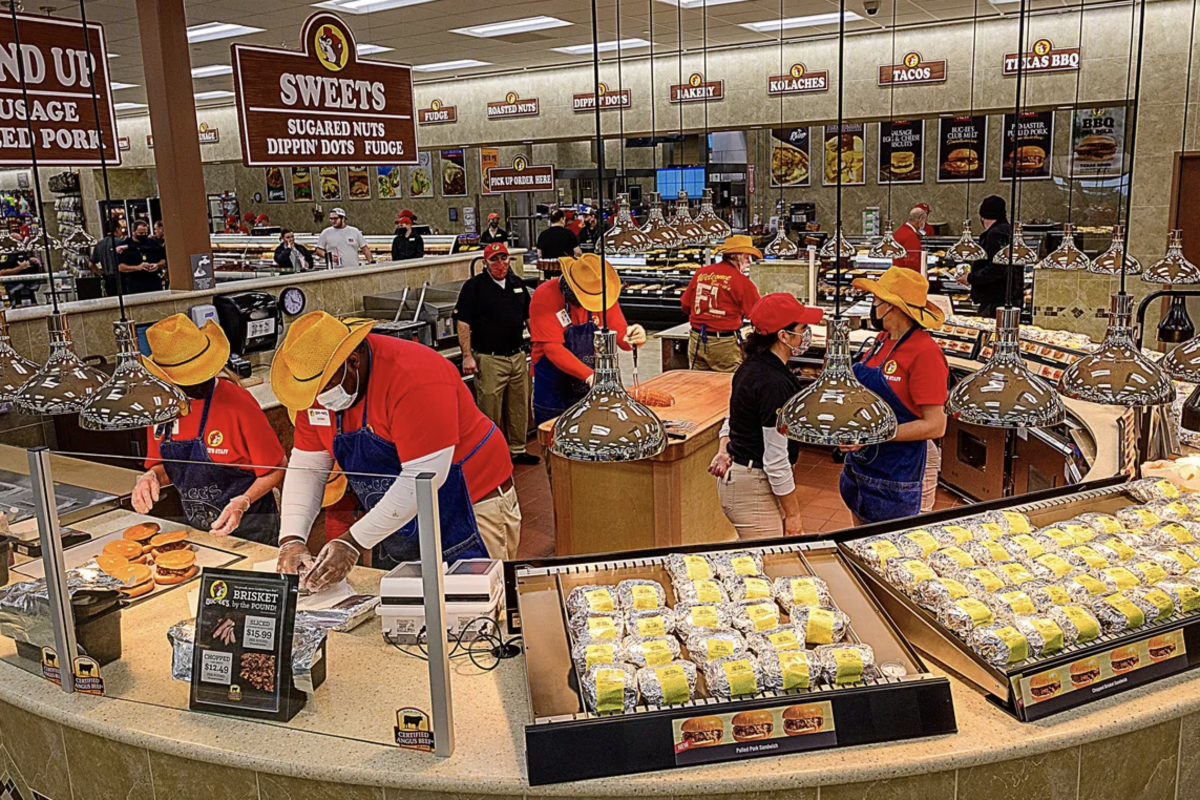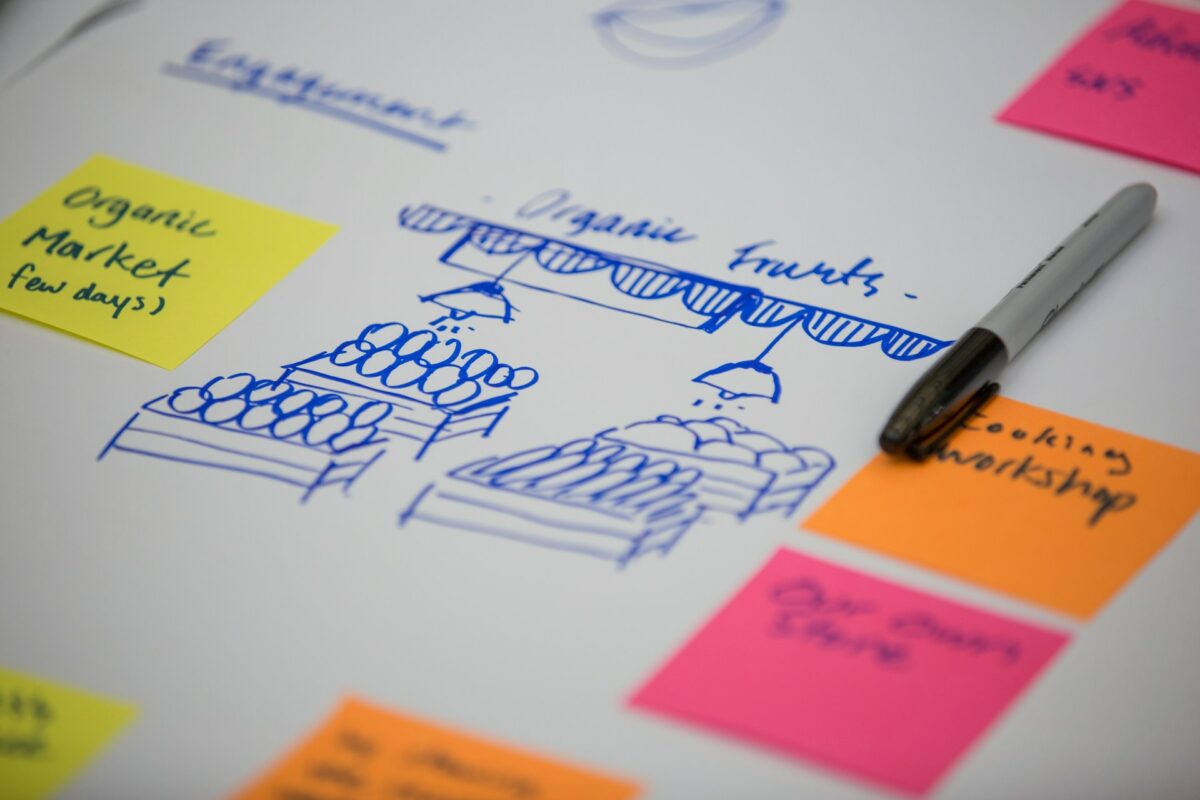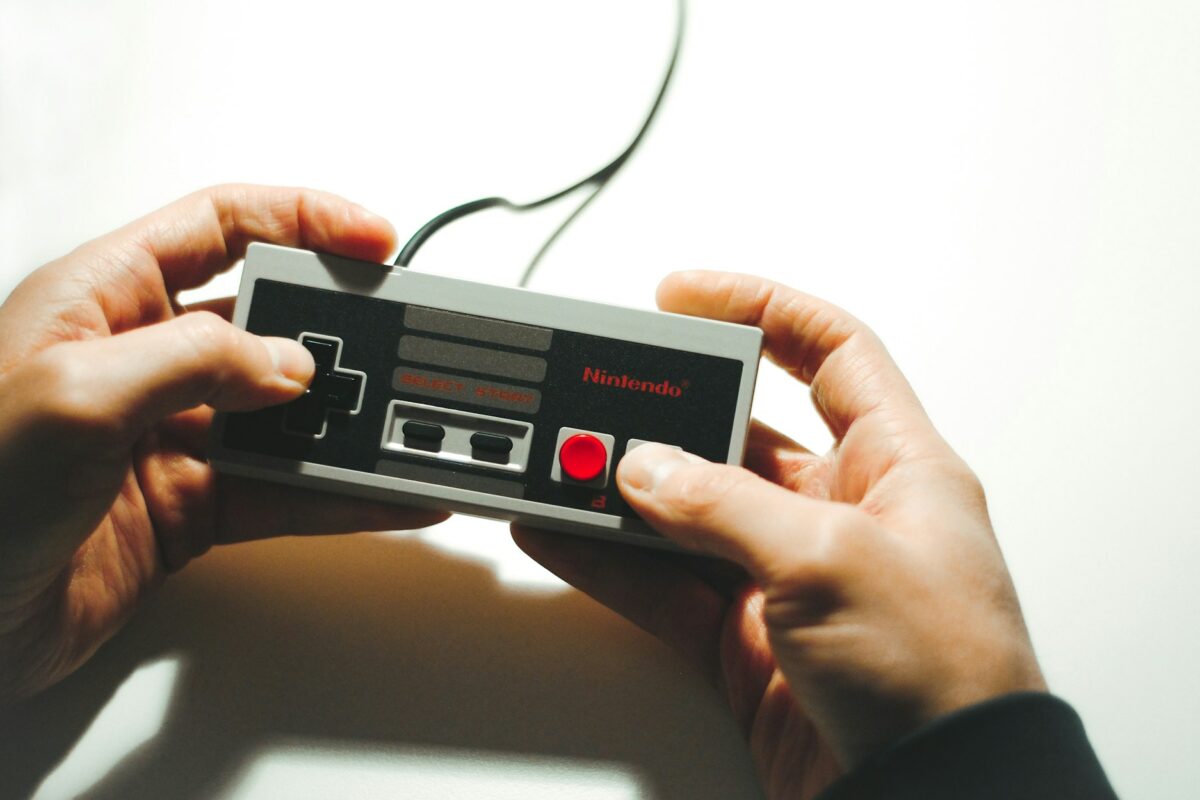David Gilmour felt the warm South Pacific breeze caress his shoulders as he followed through with the five-iron. He watched his ball sail into a bright-blue sky and then land with a bounce onto the green of the second hole. It was 1992 and Gilmour had more than a great tee shot to feel good about. His luxurious eco-resort on a private island in the Fiji islands, The Wakaya Club, had become an international success in little under a year.
Another golfer caught his eye and Gilmour watched as the man took a long drink from a European bottled-water brand. How bizarre, he thought, to come to a place like Fiji, where the water is famously pure, and choose to drink a European brand instead of the better and more available local stuff. Inspired, Gilmour founded a production company and signed a 99-year deal with the Fijian government to tap an ancient aquifer on the main island of Viti Levu. He called his brand Fiji Water.
Gilmour made sure that his product was right. He had already made a fortune from gold mining, and when he found the Viti Levu aquifer he realized he had struck it rich again. The aquifer is enormous, measuring more than 17 miles wide and 400 feet deep. The water within it fell to earth as rain more than 450 years ago, ensuring that it predates the industrial revolution and all its polluting effects. Great brands start with quality, authenticity and a great story.
The brand also got its distribution right. Ignoring the traditional fast moving consumer goods (FMCG /CPG) philosophy of maximal distribution, Fiji Water launched slowly and selectively in the US through exclusive outlets in Los Angeles and Palm Springs. The brand built its distribution not only on the basis of sales, but also in terms of brand and communication – especially during market entry. Fiji Water first appeared in New York, for example, on the menu at Jean-Georges, an elite restaurant in Manhattan. It was priced $10 a liter and presented to diners in a solid-silver Fiji Water serving case. Great brands also begin with selective, on-premise distribution. Gravity and growth will eventually lead your brand to the supermarkets, but it can never happen the other way around.
Fiji Water didn’t suffer pricing vertigo either. Ignore the economists who try to set rational limits on prices. Maybe these apply to commodities, but great brands are incomparably precious and should be priced accordingly. Thanks to the limited supplies at Viti Levu, the growing acclaim of the brand and its high-end distribution, Fiji Water was able to outprice its European competitors. In the UK, the brand retails for £1.95 a liter – significantly more than you would pay for the same amount of milk, beer, petrol or even Evian. Such super-premium prices communicate exclusivity, amplify brand equity and deliver fat operating profits to boot – provided you have the brand equity to justify the premium in the first place, and the bravery to set the price bar that little bit higher.
Like many of the emerging iconic brands of this century, Fiji Water eschewed major advertising campaigns (too mainstream), direct marketing (too tacky) or sales promotions (too commoditizing). It relied instead on natural celebrity endorsements, free product-placement and the subsequent buzz to build its appeal. It started in 1999 when former James Bond star Pierce Brosnan poured Fiji Water over co-star Rene Russo in his Jacuzzi in The Thomas Crown Affair. Brosnan was a fan of the brand and, like all the celebrity endorsements that followed, the brand’s inclusion was not paid for but was, instead, the natural outcome of its premium position.
In 2004 David Gilmour sold Fiji Water to Roll International – owned by Stewart and Linda Resnick, who also own Franklin Mint and Teleflora. According to press reports, Roll International paid about £30m for the brand – which is probably the first time that Fiji Water has ever been considered a bargain.
30 SECONDS ON … FIJI WATER
– Fiji Water is now the fastest-growing bottled-water brand in the world and the second-bestselling brand in the US, where 90% of its 130m bottles will be sold this year. The product is now Fiji’s fourth-biggest export after sugar, clothing and fish.
– Selfridges, one of the few UK retailers to stock Fiji Water, reported five-fold increases in sales of the water in July.
– Nobu Matsuhisa, owner of the Japanese restaurant chain Nobu, uses Fiji Water to boil rice.
– Celebrity supporters of Fiji Water include Tom Cruise, P Diddy, Jennifer Aniston and Elton John. The brand has also featured in TV shows such as Sex and the City and The West Wing.
The Blake Project Can Help: The Strategic Brand Storytelling Workshop
Branding Strategy Insider is a service of The Blake Project: A strategic brand consultancy specializing in Brand Research, Brand Strategy, Brand Licensing and Brand Education





3 comments
Martin Bishop
March 26, 2008 at 1:16 pm
It’s interesting how things can be approached from completely different angles.
Your post talks about all the things right with Fiji Water. My post: http://brandmix.blogspot.com/2007/08/trouble-in-paradise.html , inspired by the Fast Company article by Charles Fishman talked about everything that’s wrong.
And we’re both correct! This is both a story about how to build a successful brand and a story about how Fiji Water represents all that’s bad (environmentally) about the bottled water industry.
But good, in any case, for David Gilmour. Not only creating a strong brand but then selling it at the right time.
Derrick Daye
March 26, 2008 at 4:01 pm
Martin,
As Mark is on a plane, let me respond. To the thoughts on your post regarding the environment and bottled water – well said. Take a look at this post also relating to bottled water’s problems and also by Mark – https://brandingstrategyinsider.com/2007/11/bottled-water-b.html
Derrick
Martin Bishop
March 29, 2008 at 12:23 pm
Yes, that’s a good post. It’s pretty incredible really that bottled water ever managed to build a business. Just shows the power of branding and convenience vs. a generic commodity.
Comments are closed.